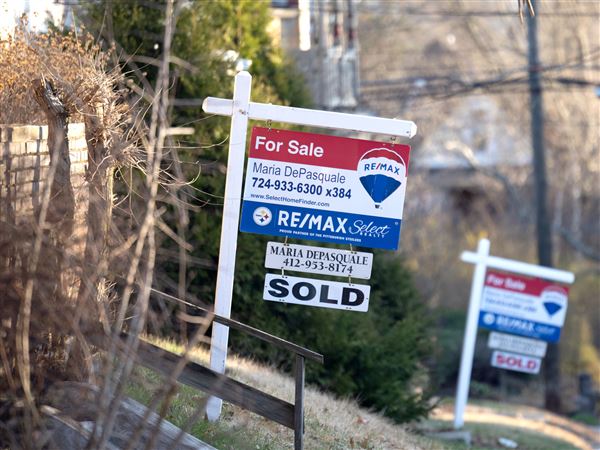Since our childhood, our parents have been very secretive about their finances to the point of hiding their checkbooks. Neither ever had a credit card. While Dad worked, Mom kept the three children and family finances straight. Since Mom's death two years ago, Dad, now 84, has allowed a deacon at his church, who is also a financial adviser, to handle his finances. Dad won't share anything with me or my two sisters except to tell us that his "financial adviser" calls daily and takes Dad out to eat. None of us has ever been introduced to this man, despite his close relationship with our father.
As the closest child in proximity, it has always been the plan that Dad's care would be my responsibility if he had problems -- or so I thought. When he recently began falling and having trouble living alone, he refused to allow me to do anything, calling instead his adviser. I tried to talk to Dad's physician, but I and all of my siblings had been blocked by Dad, who entrusted health decisions to his adviser.
I finally got Dad to a lawyer to try to reverse the powers of attorney, but he refused to provide the lawyer with any information about his finances, not even his income, and refused to sign anything. When the lawyer told Dad that he would like to speak with Dad's adviser, Dad refused and walked out of the office. He later told me that his financial adviser had told him not to tell the lawyer, or for that matter, anyone, anything about what he owned because they would try to take it away from him and put him in a nursing home. He has become more paranoid and secretive about his finances. We have never seen a statement from the financial adviser come to the house in the mail, and he has no other mailing address. Dad always complains that he has no money, so my husband and I are basically supporting him. We have run out of ideas but are very concerned.
A: As you should be! The situation here is a recipe for disaster -- that is, if disaster hasn't already clobbered Dad's finances. 1) Daily contact with a client by a financial adviser, coupled with dinners out, is most unusual and may well connote undue influence; 2) a financial adviser also being a church deacon smells to high heaven, based on the quasifiduciary responsibility; 3) no statements being sent to your Dad is unheard of; and 4) telling your father not to discuss finances with children, lawyers or anyone else is outrageous because financial issues are tied closely to long-term-care planning. These warning signs, coupled with Dad's giving his financial adviser the responsibility over life-and-death decisions, are downright frightening.
While everyone is entitled to privacy in his/her financial dealings, and while we understand your father's desire to keep these matters private, when elderly people reach the point that they must depend on others for their care, it is time for them to be open and share information in case the unthinkable -- incapacity -- occurs.
Financial advisers and others in whom the elderly place their trust should foster and encourage -- not discourage and denigrate -- family relationships under these circumstances.
Taking the NextStep: While Dad may be vulnerable, he does not appear to be incapacitated, and for this reason, you will not be able to be appointed as his conservator or guardian. Therefore, we suggest the following: 1) Try to check out the financial adviser. With whom is he affiliated? Is he a registered investment adviser? Find out whether he holds insurance and/or securities licenses and has had complaints lodged against him. Does he have a criminal record? If he is not a Registered Investment Adviser, he may be a broker, and you can check them out at FINRA, the largest nongovernmental regulator for all U.S. securities firms. 2) Go to the probate or surrogate court where your mother's estate was probated and get copies of the estate inventories, which should show you what your mother owned when she died -- her life insurance, etc. These records should give you some ideas about what your father started with financially when your mother died. 3) Try to have a have a heart-to-heart talk with your father about your concerns. 4) Consider reporting your concerns to your local adult protective services agency, as it appears that your father, a vulnerable adult, may have been taken advantage of by an unscrupulous predator.
To get links where you can check on an adviser or broker, go to www.nextsteps.net.
First Published: March 25, 2008, 4:00 a.m.














